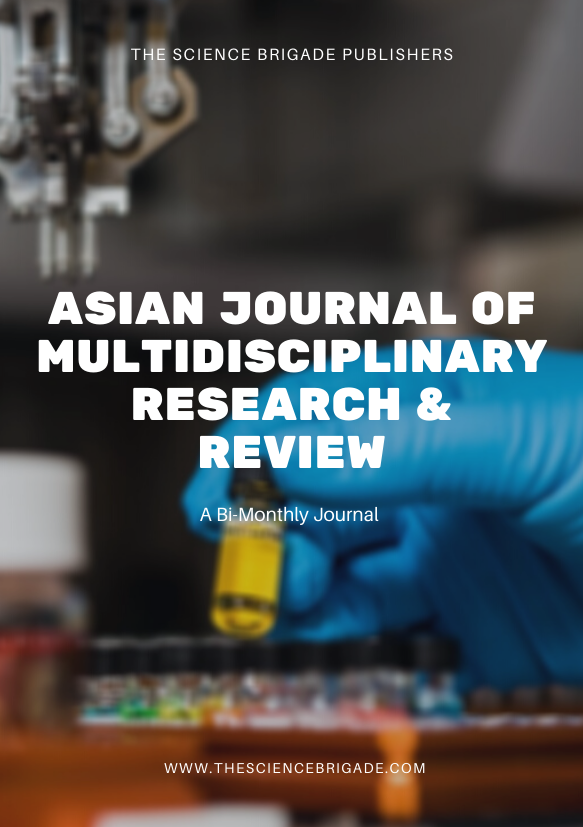This research delves into the intricate strategies employed by farmers in a specific study area to create and enhance value within the agricultural sector, with a particular emphasis on coffee production. The findings underscore the vital role of the agricultural sector in sustaining global economies and livelihoods. The farmers exhibit commendable strategies, including the transition to organic production, diversification, advanced storage practices, adoption of cutting-edge technologies, and integration with tourism.
The study focuses on the Coffee Producers Cooperative (CPC) and its deliberate shift to organic production, aligning with global trends favoring sustainability. This transition not only emphasizes environmental stewardship but strategically positions CPC to meet the rising demand for organic coffee. The economic advantages of this shift are highlighted, providing financial stability and empowerment to small-scale farmers.
Diversification strategies, such as transforming suboptimal goods into marketable products, showcase resourcefulness and empower farmers by granting greater control over market interactions. This aligns with the versatility associated with light industry concepts, emphasizing innovation and value addition.
The research also explores strategic green coffee bean storage for premium roasted coffee sales, emphasizing the importance of low-humidity storage to preserve the quality of green beans. The integration of a dual business model, combining roasted coffee sales with a homestay venture, adds layers of diversification, broadening revenue streams and enhancing enterprise resilience.
Strategic coffee storage practices during periods of heightened demand showcase the importance of adept storage methodologies, aligning with light industry practices. The adoption of smartphones for decision-making reflects a forward-looking approach to enhancing market intelligence, aligning with technology-driven agriculture.
The paper also delves into the strategic transformation of coffee cultivation into agritourism, adding substantial value to coffee products. This integration with tourism aligns with light industry concepts, providing unique experiences for consumers and contributing to the dynamic growth of the agritourism sector.






